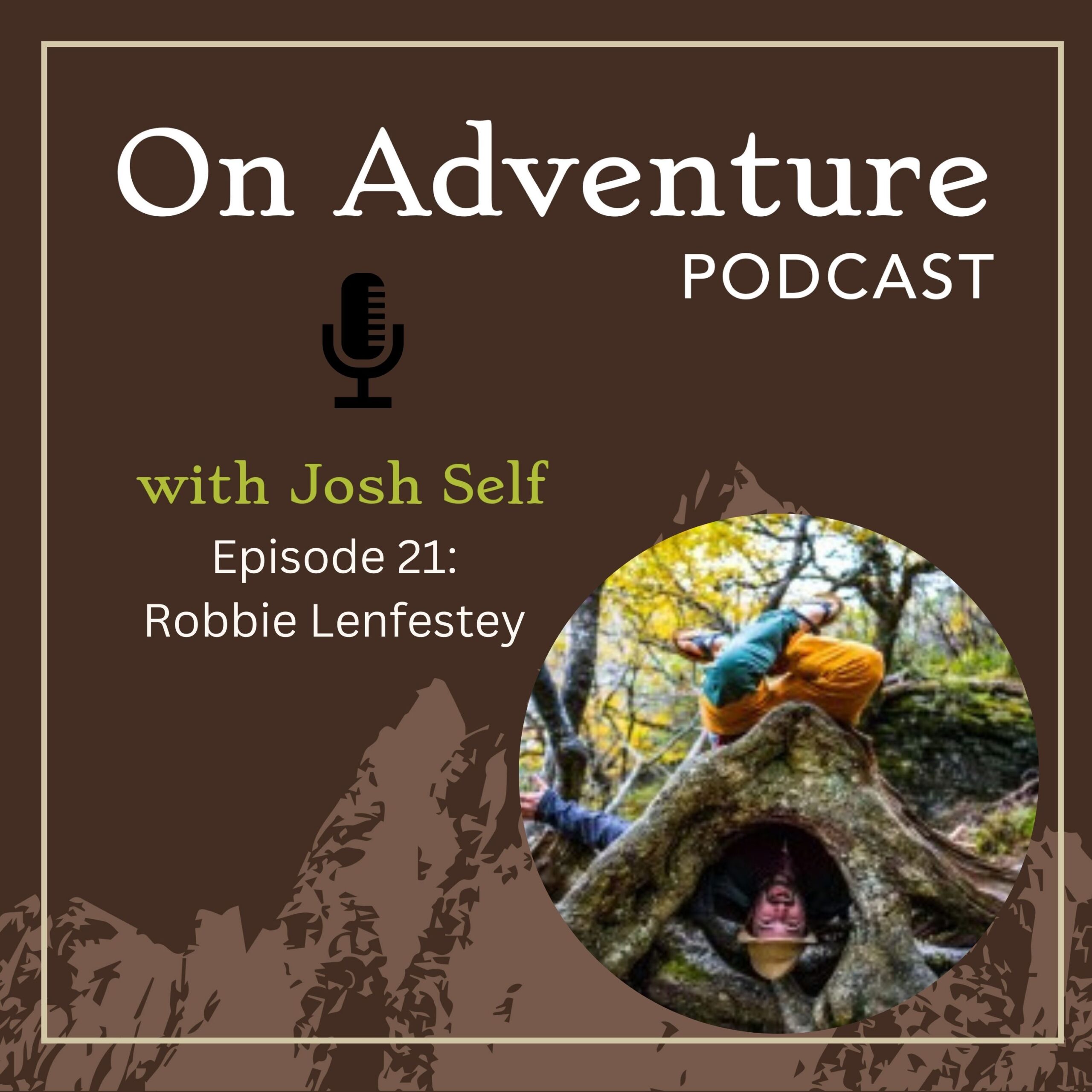


Welcome back to The On Adventure Podcast! I’m your host, Josh Self, and today, my conversation is with Matt Walker. Matt is a unique blend of psychologist and adventurer, who has spent nearly 30 years leading expeditions on multiple continents. In this episode, we dive deep into the psychology behind adventure, the importance of doing hard things, and why integrating adventure into our lives is vital. Matt shares his insights on how discomfort can be a powerful tool for growth and how adventure helps us build resilience and find clarity. We also touch on his upcoming webinar that I will be hosting, so stay tuned for that!
Timeline Summary
- [00:00] – Introduction to Matt Walker, his unique background, and the upcoming webinar on integrating adventure into our lives.
- [02:07] – Matt talks about his journey into adventure and psychology, and the connection between the two.
- [05:00] – Discussing the real “why” behind adventure and how it ties into personal and professional growth.
- [10:12] – Reflecting on the potential disruptions of changing sleep habits.
- [14:24] – Matt explains the five elements of adventure: High Endeavor, Uncertain Outcome, Total Commitment, Tolerance for Adversity, and Great Companionship.
- [19:00] – The role of great companionship in meaningful adventures and how solo endeavors still require support.
- [25:00] – Overcoming fear in mountaineering and how it parallels with facing life’s challenges.
- [32:00] – The importance of intentionality and purpose in manhood and how adventure helps achieve this.
- [43:00] – Matt’s personal adventures, including building a house and planning solo ascents of 8,000-meter peaks.
- [47:00] – Closing remarks and how to connect with Matt Walker for more insights and support.
Links & Resources
Closing Remarks
Thank you for joining us on this episode of The On Adventure Podcast. If you enjoyed our conversation with Matt Walker, please rate, follow, and share the podcast. Your support helps us bring more inspiring content to you. Don’t forget to check out the links and resources mentioned, and as always, pursue your own great adventure!






















